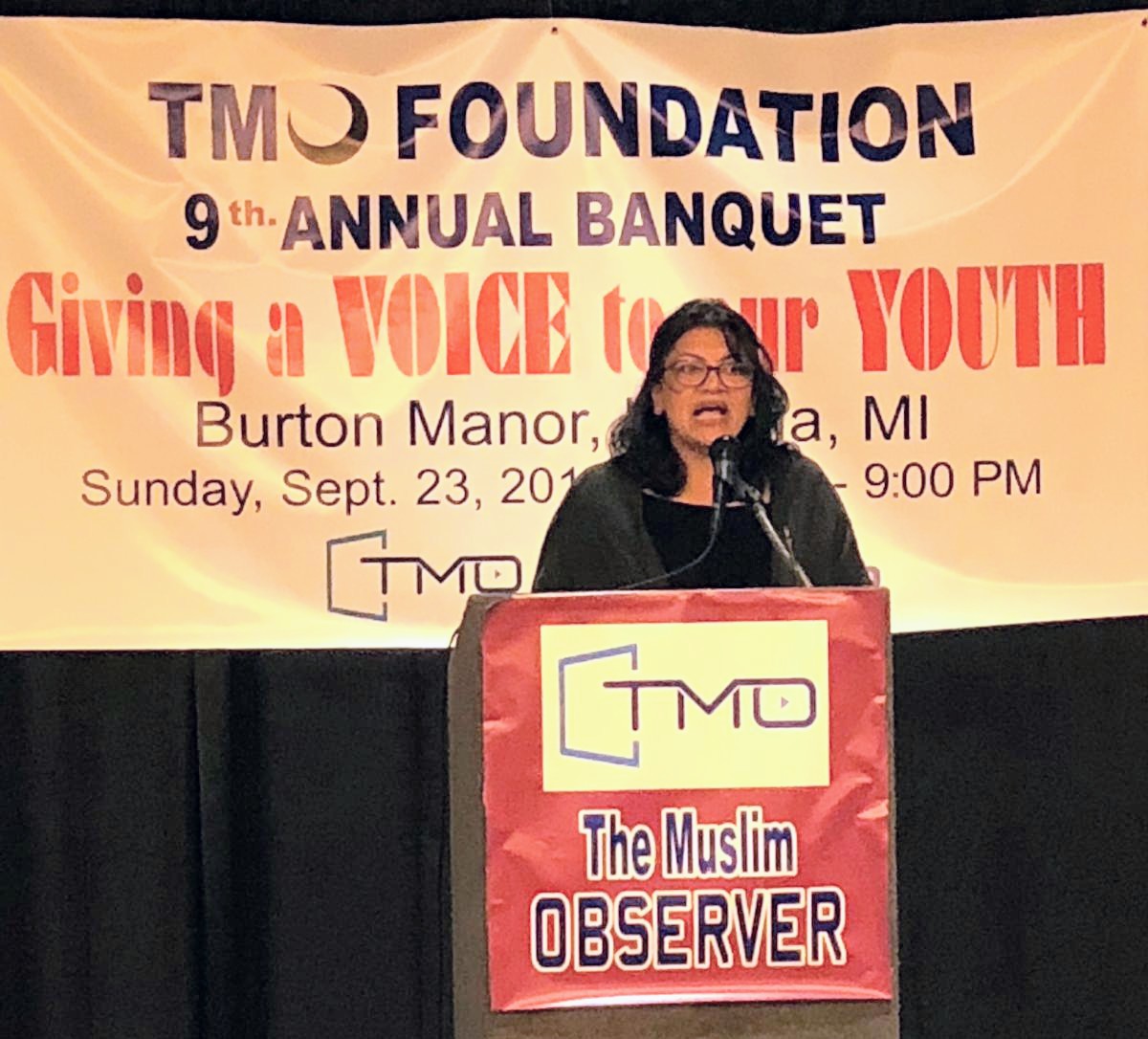Estate Planning: Important, Yet Ignored by Many Physicians
By Adil Daudi, Esq.
 Every physician, at some point, has come across the wording “Estate Planning.†Whether it was during their residency or a seminar attended with colleagues, estate planning is one of those concepts that floats in the back of a physician’s mind, without giving it much thought, or the importance it deserves.
Every physician, at some point, has come across the wording “Estate Planning.†Whether it was during their residency or a seminar attended with colleagues, estate planning is one of those concepts that floats in the back of a physician’s mind, without giving it much thought, or the importance it deserves.
For many physicians, constructing a sound estate plan is usually third or fourth on the priority list of their financial obligations – right behind financial planning, financial planning and financial planning. However, what is commonly misconceived is that estate and financial planning actually go hand-in-hand. In actuality, when a physician creates and establishes a retirement plan, life insurance plan, or simply meddles through their personal finances, they are indeed taking subtle steps towards starting their estate plan.
The purpose of any estate plan is to ensure a person’s personal, financial and tax goals are protected and distributed according to their wishes. By failing to implement such a plan, the onus comes onto the Probate court to determine and decide how your wealth would be distributed, and to whom.
Now, being physicians, the general consensus for failing to create an estate plan is due to lack of time. The increased demands and pressure on the profession has left many physicians with practically no time to think for themselves or their family. However, once the importance of an estate plan is realized, physicians tend to make time for it.
The following is a perfect illustration of what is typically seen from physicians with no plan:
Attorney: “Do you have any estate plan in place?â€
Physician: “No.â€
Attorney: “Do you have any kids, or kids that are minor?â€
Physician: “Yes, three kids, and all three are under the age of eight.â€
Attorney: “Have you ever considered what is to happen to your kids in the event both you and husband/wife pass away? Who is to take care of them?â€
Physician: “No, that is something we’ve been meaning to get around to.â€
Find Your Purpose, and Take Action Towards It!
Although the common purpose of an estate plan is to distribute your wealth how you see fit, for many, the purpose is two-fold. Using the illustration above, it is equally important, if not more, to have a sound plan in place for any and all unexpected events and to be prepared if those events were to transpire.
Second, if the primary objective is to ensure that your wealth avoids probate, so to avoid paying thousands of dollars in probate fees, then taking action is necessary, as there are certain structures that can be implemented to help achieve that result. However, no matter the purpose, whether it be to protect the kids, protect your wealth, or avoid having the probate court as your primary beneficiary, establishing an estate plan should become one of the top priorities.
Understand the Bigger Picture
Another common misconception is that drafting an estate plan is too tedious. Keep in mind, the process of your plan does not end at the time it is signed. It is an on-going process that deserves attention throughout the remainder of your life. Therefore, depending on the law firm you choose, it is always important to understand the fee structure associated with your plan. More often than not, firms will charge a large fee for the set-up of the estate plan, and then additional fees for the upkeep and maintenance of it, i.e. yearly reviews. At JKY, our fee is only for the initial set-up of the plan (for Revocable Living Trusts), including any funding (transferring the assets into the Trust), further changes, updates, reviews, meetings, phone-calls, are free.
Nevertheless, the realization that an estate plan is an on-going process should help reduce the level of unease a physician may have when contemplating the complexity and work needed to begin. The actual creation of the plan is simple, which is what should be the focal point. Either at the beginning, or some point not too later in the process, the following are the documents typically required:
• Life Insurance Policies
• Bank accounts, investments, stocks, mutual funds
• 401K or IRAs statements
• Property Deeds
• Business interests (Operating Agreements and/or Bylaws)
• Medical Practice Documents
• Prior Will/Trusts
The Bottom Line
The process of estate planning is not always simple; however, it is crucial for every physician. Taking the time to establish one will bring them ease in knowing their wealth is protected, and more importantly, their children are taken care of by individuals they trust, and selected, and not who the courts feel is best suited.
Furthermore, estate planning is setting the foundation for your wealth, and laying out the instructions on how they are to be distributed. Once the realization of its importance is understood, it is imperative to move forward and ensure a sound estate plan is in place. Remember, without a plan, the government is given authority to dictate how your assets are to be distributed. Not only will your assets be in their control, but the distributions will not be made pursuant to your wishes.
Adil Daudi is an Attorney at Joseph, Kroll & Yagalla, P.C., focusing primarily on Asset Protection for Physicians, Physician Contracts, Estate Planning, Health Care Law, Business Litigation, and Corporate Formations. He can be contacted for any questions related to this article or other areas of law at adil@josephlaw.net or (517) 381-2663.
14-10













2012
970 views
views
0
comments